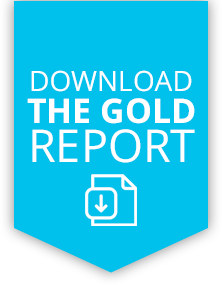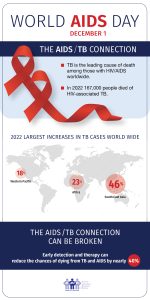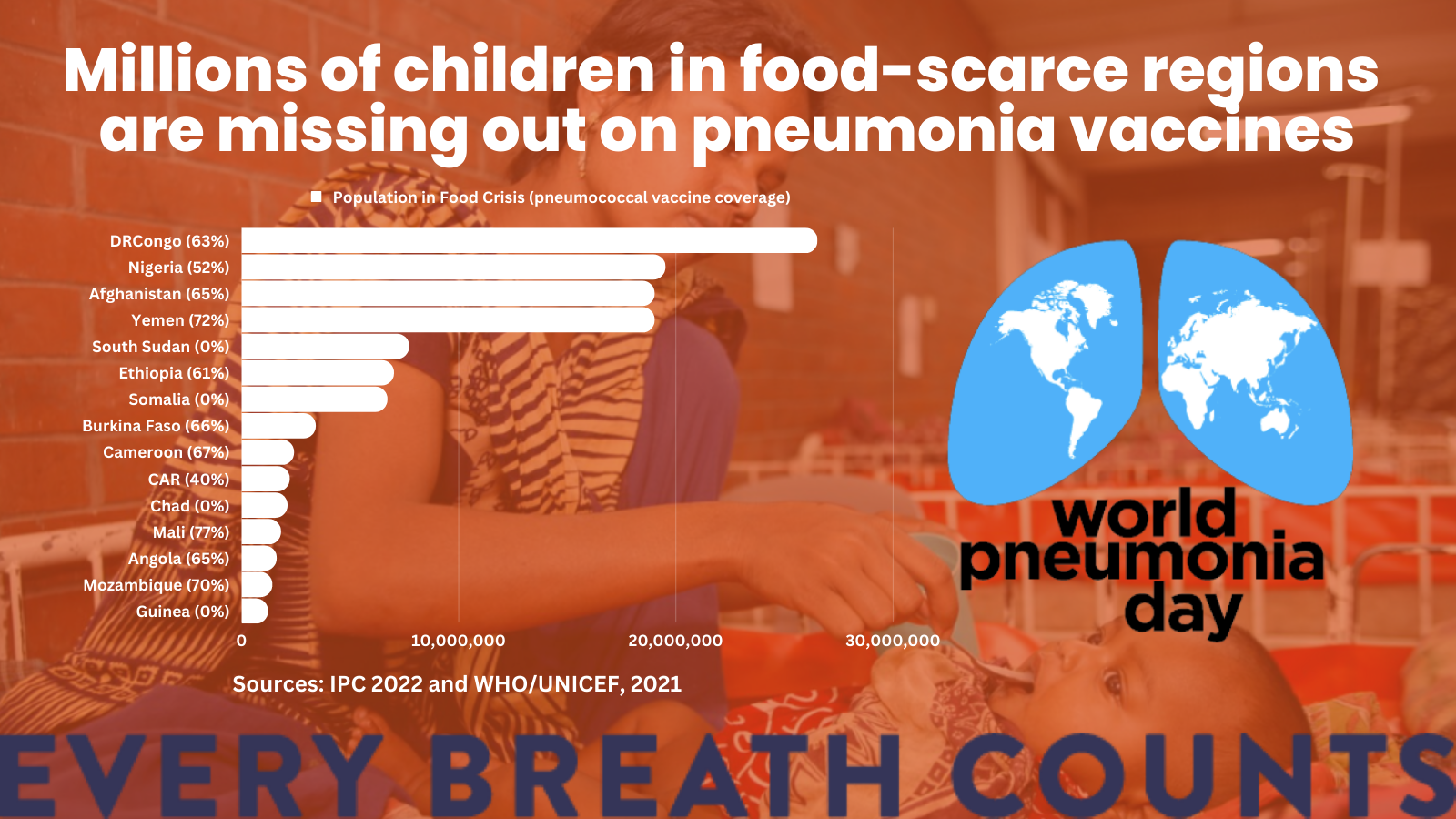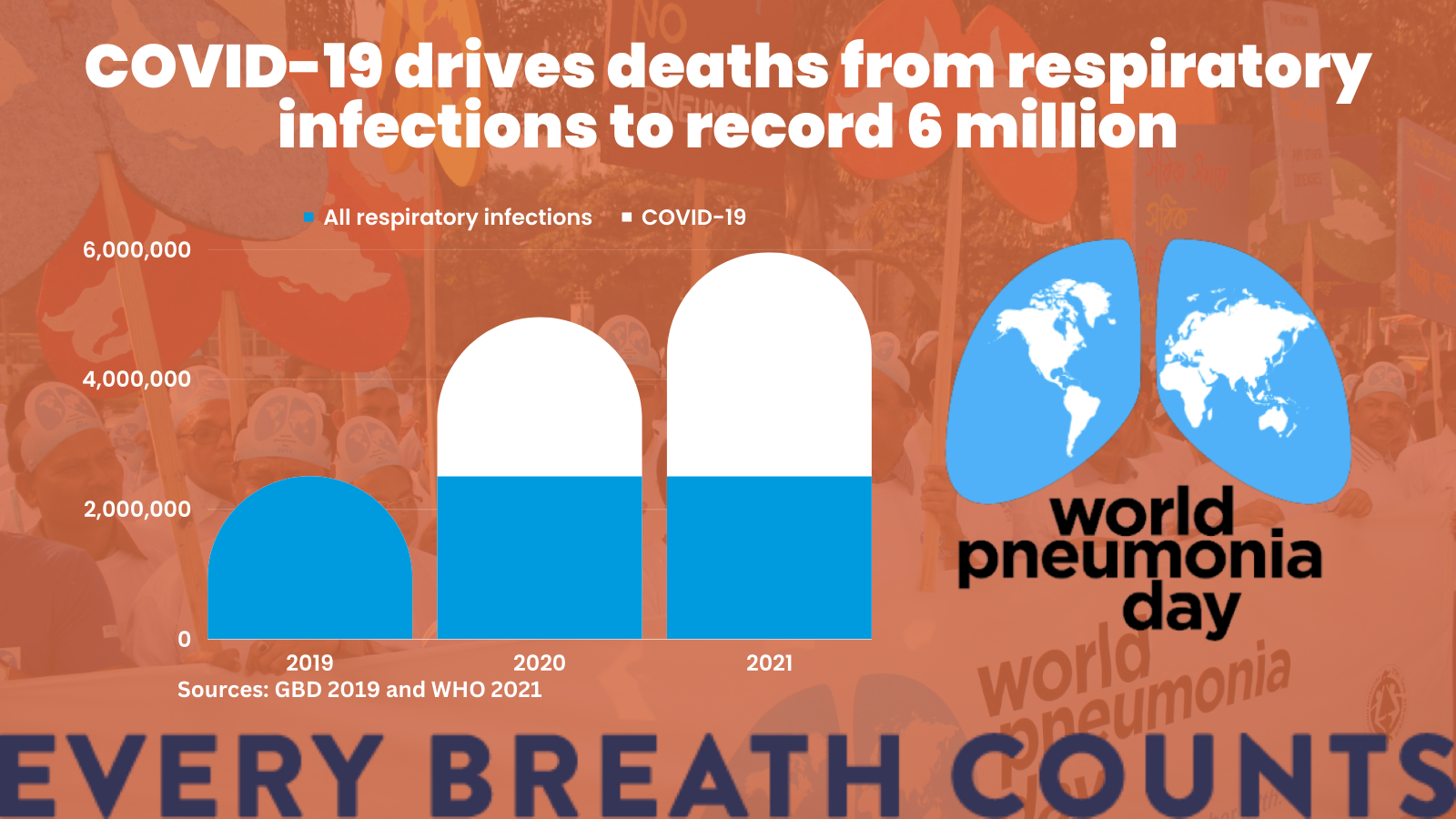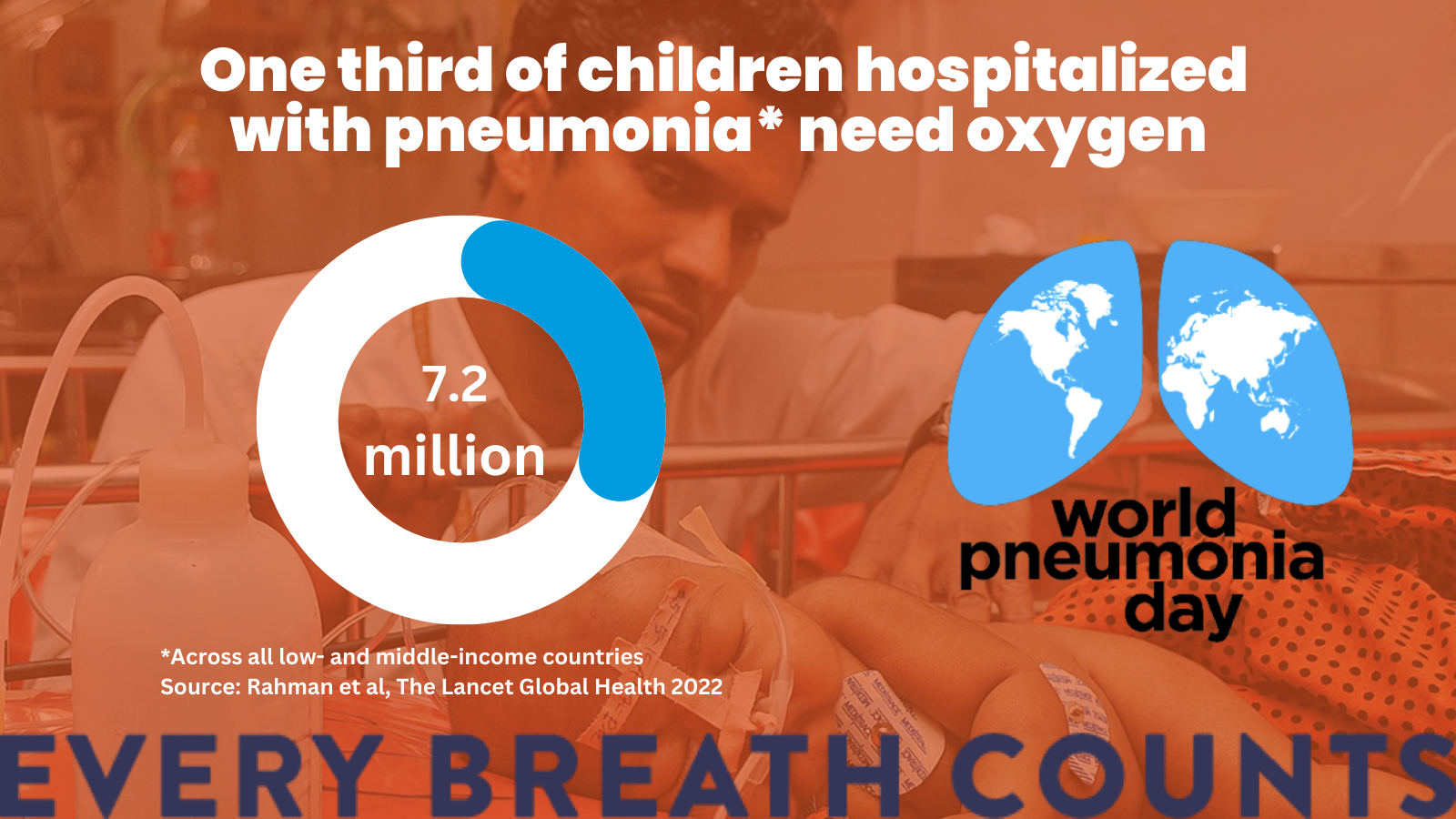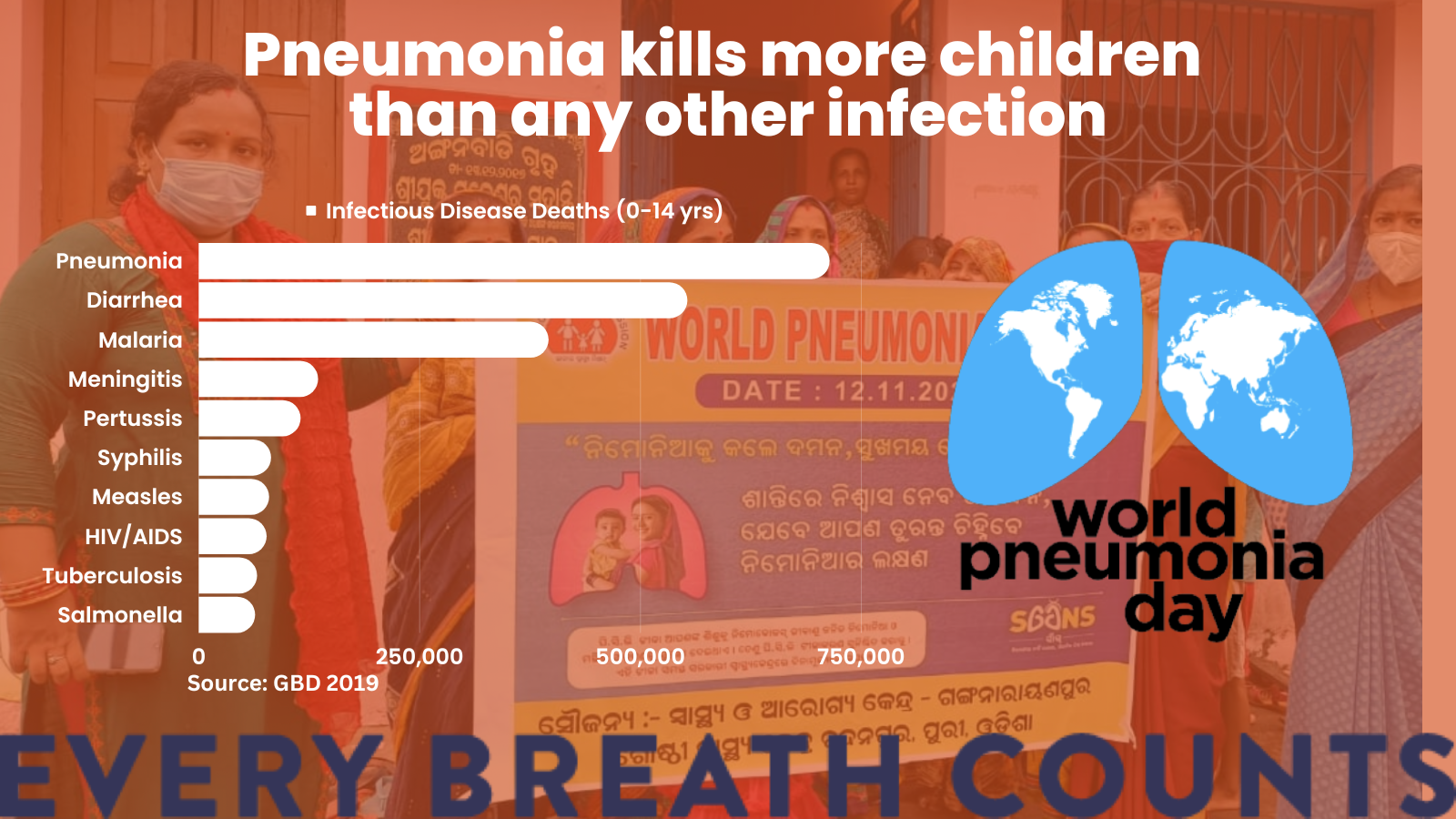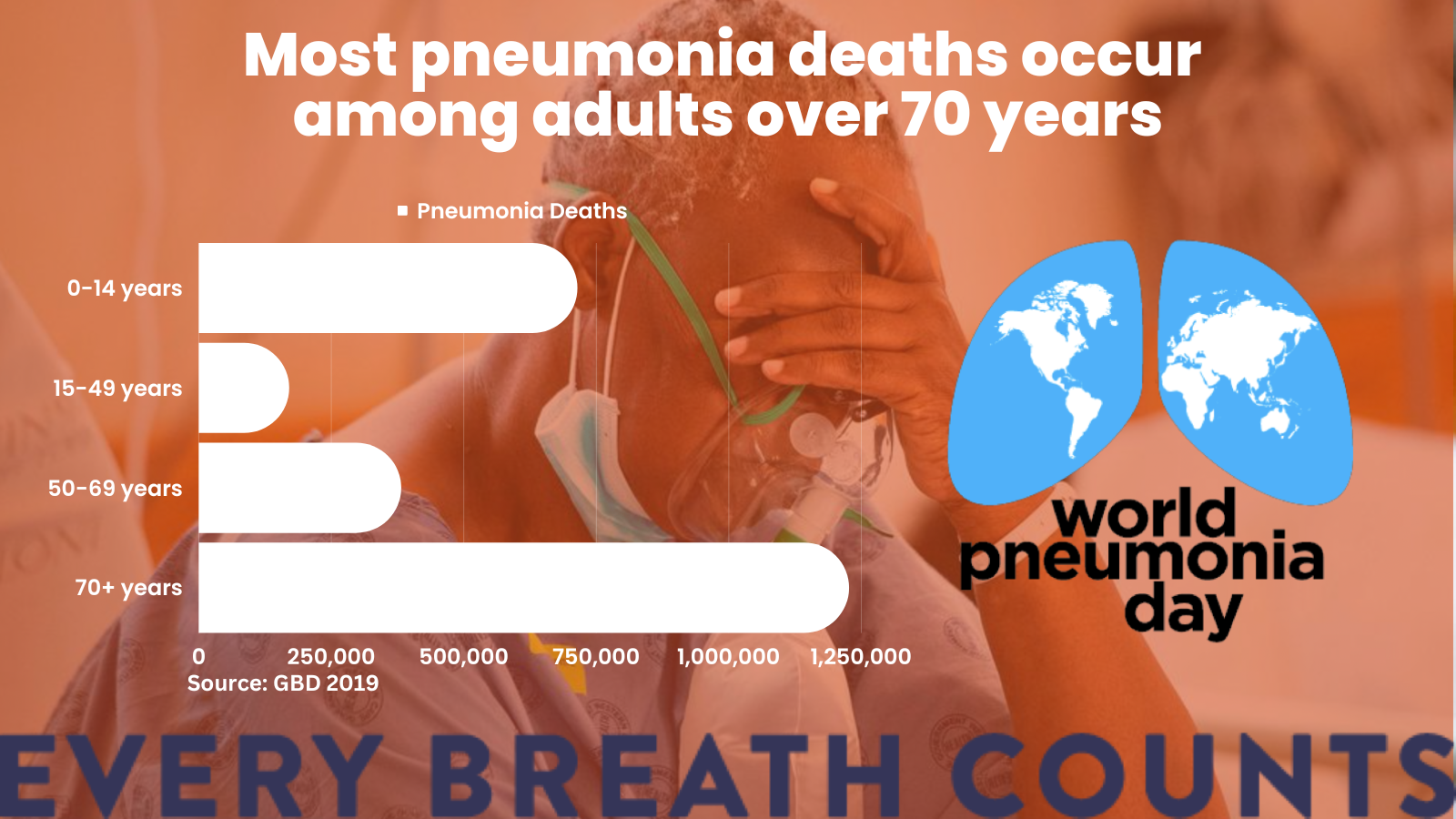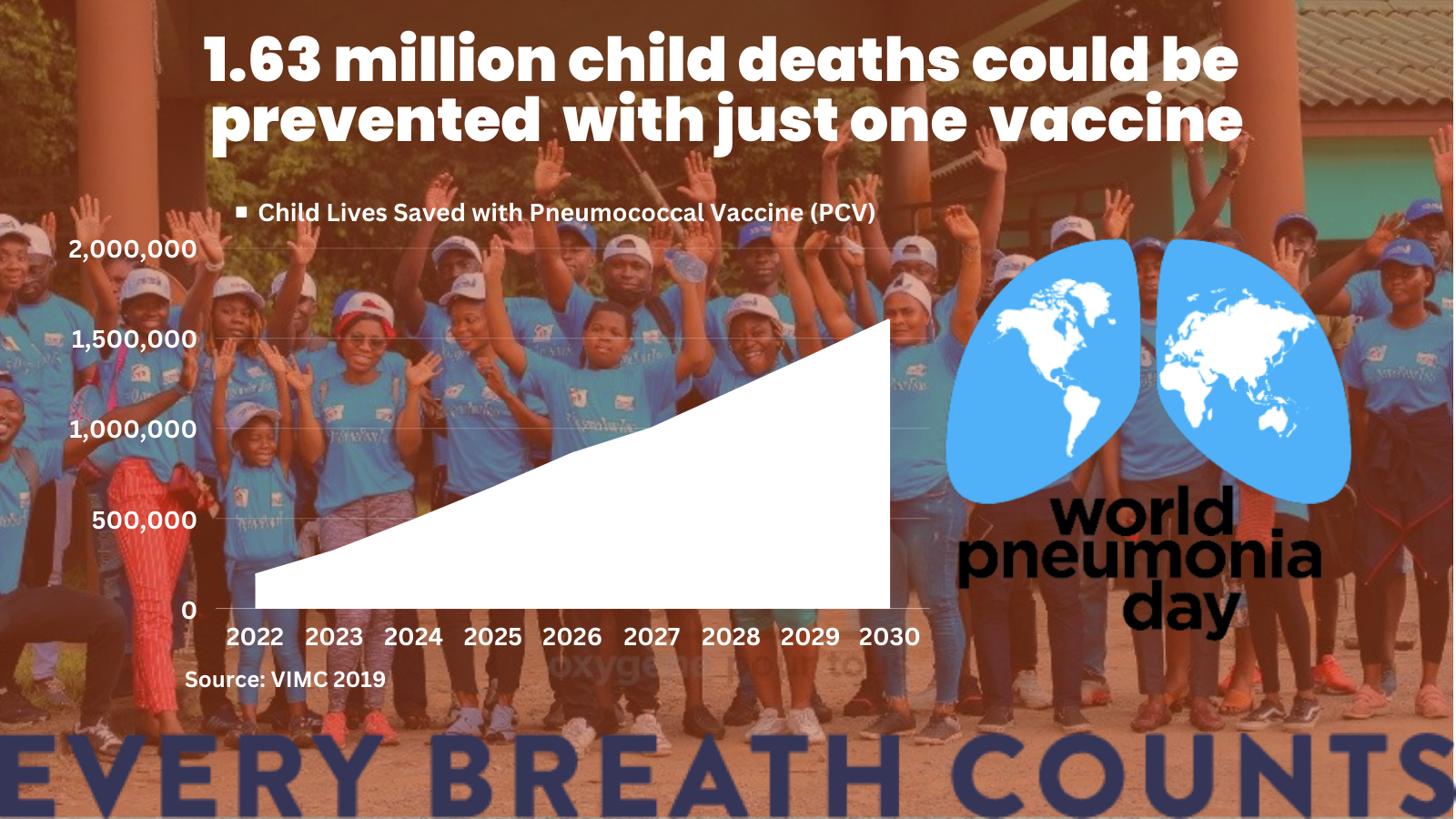Respiratory Societies Help in Bringing the World Together for Bronchiectasis
On World Bronchiectasis Day, members of the Forum of International Respiratory Societies bring awareness to a chronic lung disease
JULY 1, 2024
In support of the third annual World Bronchiectasis Day, July 1, the Forum of International Respiratory Societies (FIRS), of which GOLD is a founding member, is joining the COPD Foundation and several global organizations to raise awareness, share knowledge, and discuss ways to reduce the burden of bronchiectasis for patients and their families worldwide.
This year’s World Bronchiectasis Day theme is focused on research and the importance of participation in clinical trials, how research can impact innovation in bronchiectasis diagnosis and treatment, and how registries work to aid research efforts.
Bronchiectasis is a lung disease that affects an estimated one million individuals worldwide of which roughly 400,000 are in the United States. The number of affected individuals is likely even higher due to the probability of misdiagnosis with bronchiectasis. In this illness, the airways become enlarged or scarred, making it difficult to clear mucus properly, leading to recurring lung infections. Symptoms include frequent coughing (often with thick, discolored mucus), sputum production, breathlessness, repeat chest infections, increased tiredness, unexplained fever, chills, sweats and weight loss, and chest pain.
In addition, bronchiectasis:
- can occur at any age and is diagnosed by chest computed tomography (CT) scans.
- causes a significant burden on patients and their families. It can lead to accelerated lung function loss which can result in long-term disability and premature death in adults.
- has been associated with disparities in morbidity and mortality outcomes in the socioeconomic disadvantaged.
Although there is currently no cure, detecting and treating bronchiectasis early can improve quality of life and long-term health.
“As the prevalence of bronchiectasis increases, it is vital that we continue to advance research efforts to improve diagnosis and treatment of this chronic lung condition,” said Tim Aksamit, MD, medical director of Bronchiectasis and NTM 360, and a pulmonology and critical care medicine physician at the Mayo Clinic in Rochester, USA. “The COPD Foundation and its global lung health partners are dedicated to advocating for increased research and to providing free educational materials that can help improve the lives of those living with bronchiectasis.”
Learn more about bronchiectasis in this introduction video with Dr. Aksamit. For more information about participating in World Bronchiectasis Day and a full list of activities, visit WorldBronchiectasisDay.org.
About the Forum of International Respiratory Societies:
The Forum of International Respiratory Societies (FIRS) is an organisation comprised of the world’s leading international respiratory societies working together to improve lung health globally. The goal of FIRS is to unify and enhance efforts to improve lung health through the combined work of its more than 70,000 members globally.
FIRS comprises the American College of Chest Physicians (CHEST), American Thoracic Society (ATS), the Asian Pacific Society of Respirology (APSR), Asociación Latinoamericana de Tórax (ALAT), European Respiratory Society (ERS), International Union Against Tuberculosis and Lung Disease (The Union), Pan African Thoracic Society (PATS), the Global Initiative for Asthma (GINA) and the Global Initiative for Chronic Obstructive Lung Disease (GOLD).

